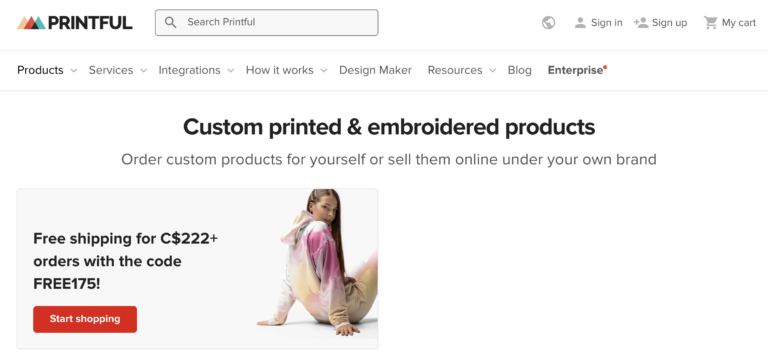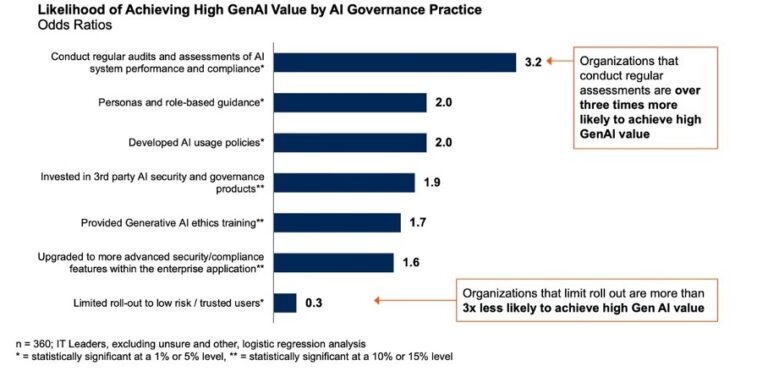The Benefits of Competition
Why Competition is Valuable
Competition in business is not a reason to give up—it’s a sign of potential success. The presence of competitors in your industry confirms that there is demand for the product or service you want to offer. Additionally, monopolies are rare, and most customers are open to exploring different providers or using multiple services for different needs.
Learning from Competitors
Observing your competitors can provide valuable insights into industry trends and customer preferences. Their marketing strategies, customer service approaches, product upgrades, and customer feedback offer a glimpse into what works and what doesn’t. Use this information to refine your own business strategy. While it’s beneficial to adopt successful practices, avoid directly copying competitors—differentiation is key to long-term success.
Analyzing Your Competition
Researching the Market
Google is an excellent tool for researching the competitive landscape. Once you identify your competitors, try their services firsthand to understand their strengths and weaknesses. This hands-on approach will help you refine your own offerings.
Competitor Analysis Matrix
A competitor analysis matrix is a structured way to document insights about competitors. It includes:
– Company Overview – A brief description, including location and public profiles.
– Target Market – The audience they cater to (e.g., a hostel may target young travelers, while a bed & breakfast may appeal to families and business teams).
– Marketing Strategies – Their communication channels, advertising efforts, and brand messaging.
– Products or Services – A breakdown of what they offer, including unique features.
– Key Features – The functionalities they provide to enhance the user experience.
– Strengths – Areas where they excel, such as product quality, customer service, or user experience.
– Weaknesses – Gaps in their offerings, such as poor communication or inefficient service.
Pro Tip
When analyzing competitors, also consider alternatives and substitutes. For example, if you’re developing a customer relationship management (CRM) tool, your competition includes not only other CRM apps but also businesses using spreadsheets instead.
Standing Out from the Competition
Defining Your Unique Value
Once you understand what your competitors are doing, determine how to differentiate yourself. You can either:
1. Offer Something Different – Introduce a unique product or service.
2. Do Something Better – Improve on existing offerings by providing superior quality, service, or efficiency.
This differentiation will form the foundation of your value proposition.
The Biggest Competitor is Yourself
Ultimately, your success depends on how well you manage your business. Poor decision-making and inefficient resource allocation can lead to failure faster than external competition. However, by consistently delivering value, optimizing operations, and maintaining financial sustainability, you set yourself up for long-term success.
—
Want to Validate Your Business Idea?
We offer free startup idea evaluations for entrepreneurs in Australia and the United Kingdom.
Join a Community of Founders
Apollo is a free founder community designed to support first-time entrepreneurs. Gain access to over 1,600 founders, 50+ mentors, 30+ investors, and $10,000+ in partner discounts.
Join Apollo for free today!







